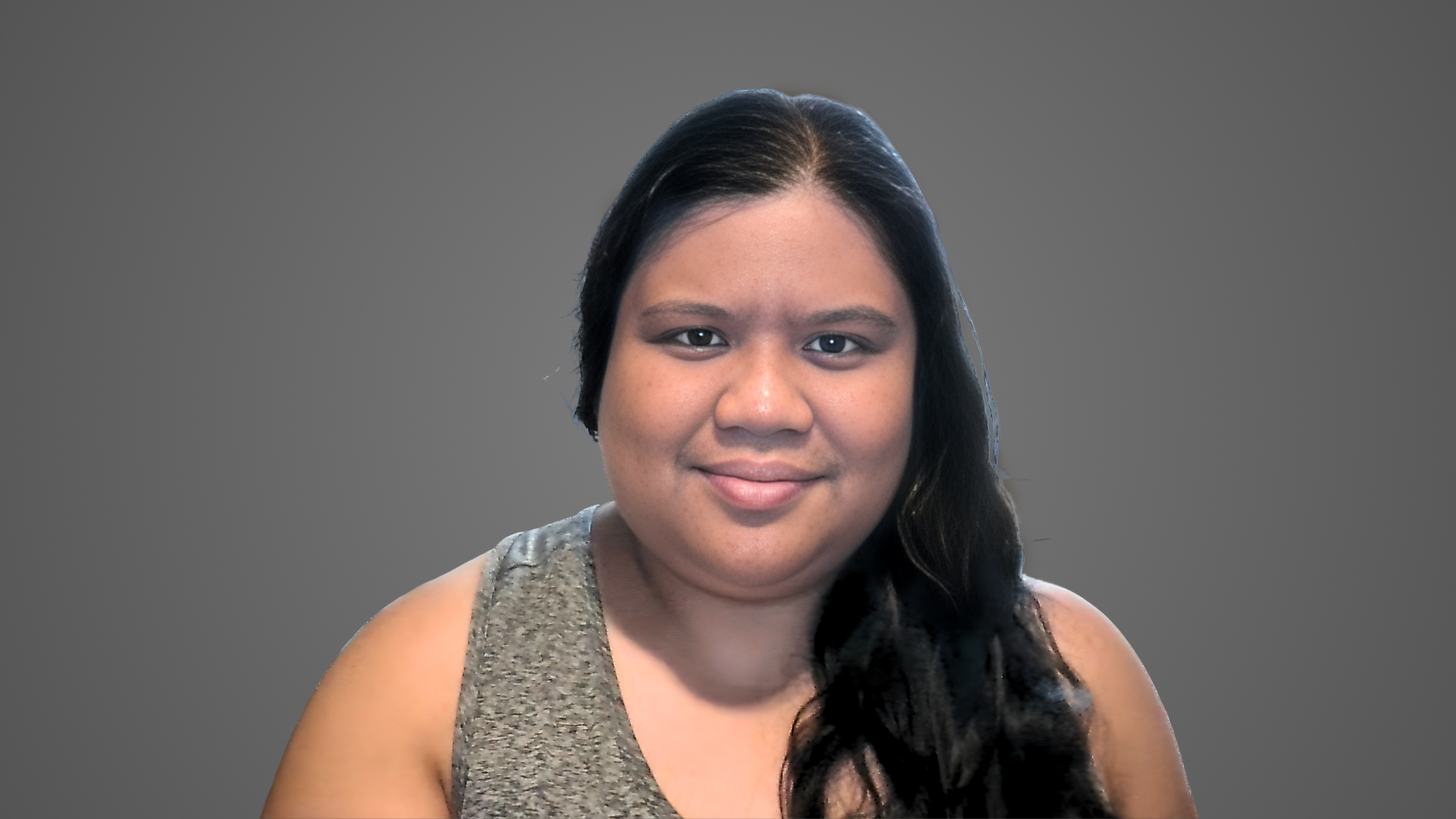Vanessa Lucero, a recent graduate of the GW School of Nursing’s MSN Adult-Gerontology Primary Care Nurse Practitioner (AGPCNP) program (August 2025), is returning to her community on the island of Oahu ready to tackle some of the most pressing health challenges facing the Pacific region. Her journey, steeped in a career dedicated to the elderly and shaped by the unique demands of island life, embodies the commitment and resilience of a GW-educated provider.
A Legacy of Respect: The Calling to Gerontology
For Lucero, the focus on the adult and elderly population was not a choice made lightly; it was a natural progression rooted in years of dedicated service. Her nursing path began in hospice, moved through long-term care, and currently finds her working in acute care. This breadth of experience provided constant exposure to the most vulnerable members of the community.
“I also grew up in a culture and with a philosophy that elders are respected,” Lucero shares. “The elderly population are the ones that taught and nurtured us.”
Throughout her career, she has cherished hearing their life stories and the wisdom they had to offer. Becoming an NP to care for and advocate on their behalf felt like the best way to give back to a generation that gave her so much. For Lucero, climbing the professional ladder was inextricably linked to becoming a better servant and voice for her aging community.
Prestige, Preparation, and the Power of the Hybrid Model
Lucero was drawn to the GW Nursing AGPCNP program due to its prestige, which was confirmed by a coworker and alumnus. But the program’s design also offered a practical solution to her geographically unique situation: the hybrid format. This allowed her to maintain her life in Hawaii, stay close to her family, and continue working full-time while dedicating scheduled time to coursework.
This flexibility was crucial, especially as she navigated immense personal challenges during her studies—continuing to work full-time as a bedside nurse while becoming a new mother and serving as a caretaker for both her husband and mother due to health issues.
Despite the distance, Lucero affirms that the program prepared her robustly for NP practice. She emphasizes the rigorous focus on the 3 Ps (pharmacology, pathophysiology, and physical assessment) during didactic courses, which she then applied directly in her clinical rotations, boosting her confidence to deliver high-quality, safe, and up-to-date care.
A highlight of the program was the mandatory on-campus experience. “Although, it was a day journey to fly from Hawaii to Virginia for CLASI and OSCE, it was worth it,” she reflects. Going through the simulations and workshops offered an invaluable chance to feel “fully in charge as a clinician” and reflect deeply on the professional presence she brings to her patients.
Bridging the Access Gap in the Pacific
Lucero’s geographic location illuminates a persistent challenge in healthcare: access to care. She currently works as a bedside nurse in a Critical Care Intermediary Unit (CCIU) and Burn Unit on Oahu, which is the sole burn care facility catering to the other Hawaiian Islands and the broader Pacific Islands. During her clinical rotations, she also witnessed firsthand the limited number of hospitals, health facilities, and primary care options available on the neighbor islands.
This insight into regional disparity fuels her professional vision. As she studies for her boards, she looks forward to officially becoming a Nurse Practitioner and helping to address the critical shortage of primary care physicians in Hawaii.
Her goal is to specifically focus on the growing elderly population, ensuring they "will not fall through the cracks." By providing accessible, high-quality primary care, Lucero is poised to make a significant impact on health equity across the islands.
This relentless drive for improvement stems from a guiding personal philosophy, hard-won during her graduate journey: “self-care and self-love are hard work but open up a better world to experience.” Having endured a period where her personal and professional demands were at their peak, she recognizes that life is short and precious. Now, as a provider, she hopes to effectively pass on this vital message: that investing in physical and mental health is the greatest investment a patient can make in their life.


